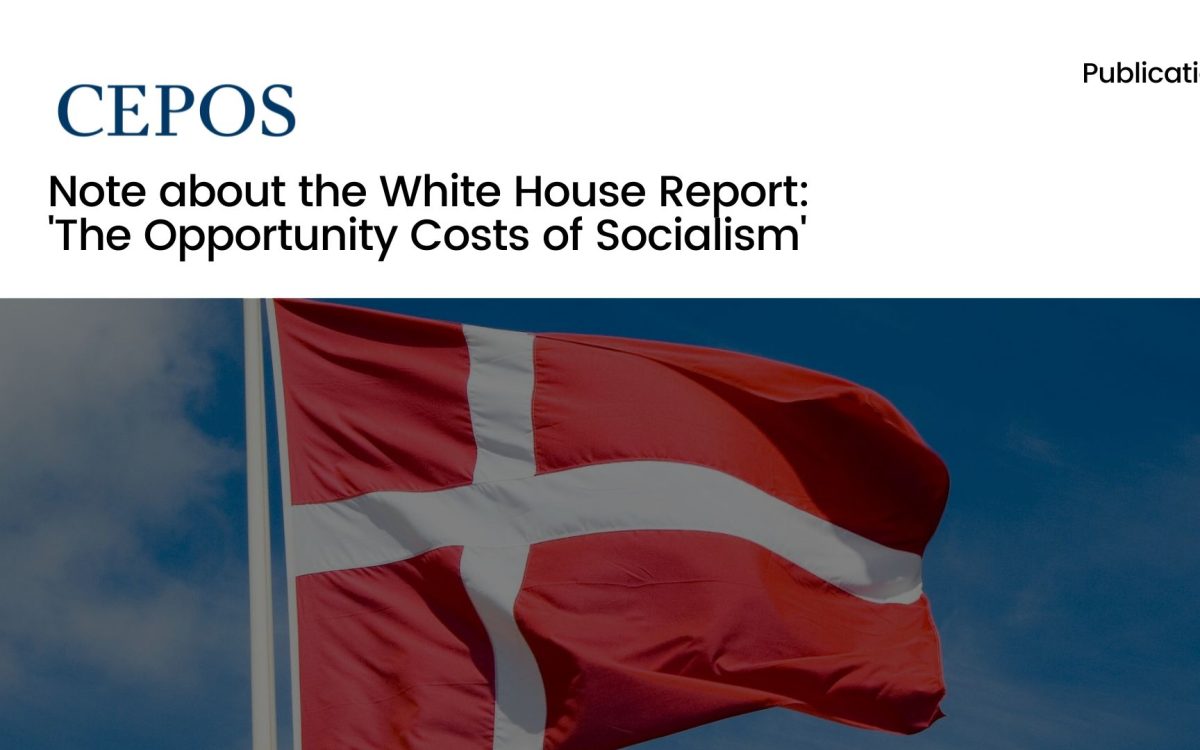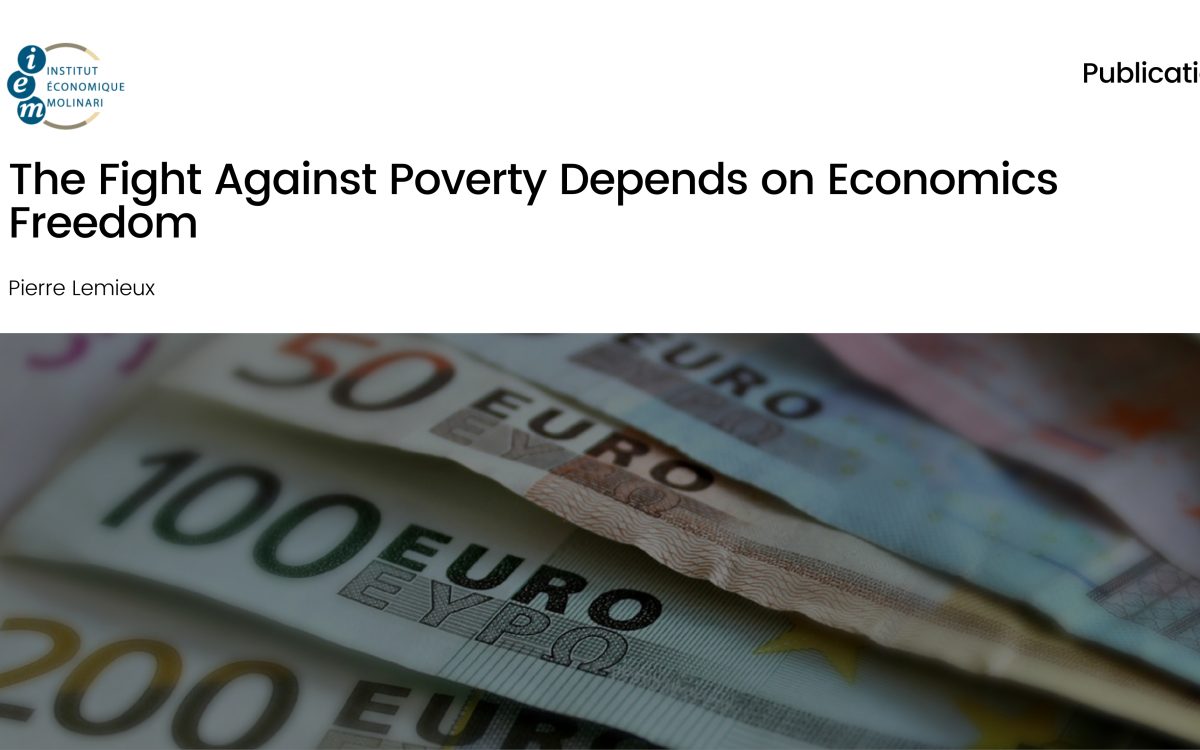January 22, 2021
Under the Trump Administration, the world watched America retreat from globalism, international cooperation, and a committed partnership with Europe. The Trump presidency fostered American isolationism through actions like terminating US participation in the Trans-Pacific Partnership (TPP) negotiations, pulling out of the Paris Climate Accord, and escalating trade tensions with the EU.







